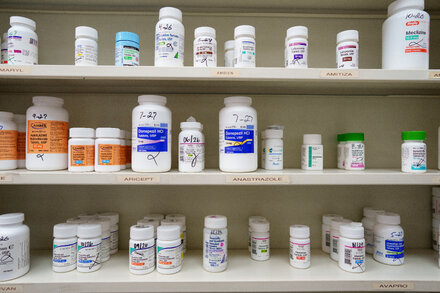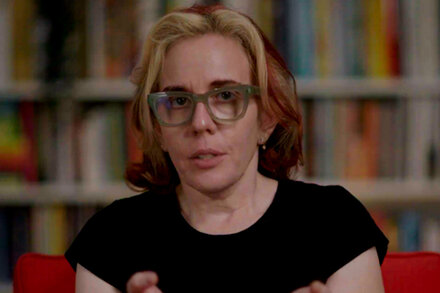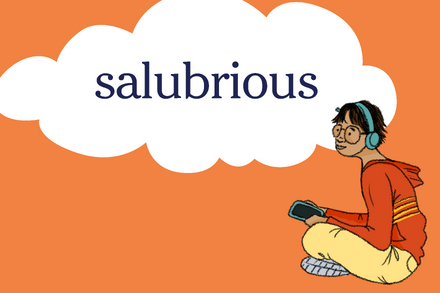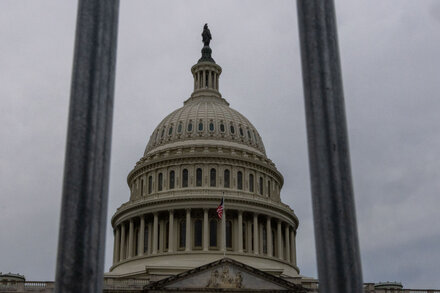
The potential launch of an online drugstore associated with former President Donald Trump has sparked discussions regarding its prospective impact on prescription drug costs for American consumers. While details surrounding such an initiative remain in development, its framework is anticipated to align with Trump’s long-standing focus on reducing pharmaceutical expenditures and increasing price transparency.
For years, the high cost of prescription drugs in the United States has been a significant concern for patients and policymakers alike. Trump, during his presidency, made drug price reduction a key priority, often criticizing pharmaceutical companies and pharmacy benefit managers (PBMs) for what he described as inflated prices.
“We’re doing things that nobody thought were possible in terms of drug pricing,” then-President Trump stated during his administration, emphasizing his commitment to bringing down costs. “We are taking on the drug companies.”
An online drugstore initiative, if established, would likely aim to leverage several mechanisms to lower consumer costs. One primary approach could involve a direct-to-consumer model, which seeks to cut out intermediaries such as PBMs and traditional retail pharmacies. By streamlining the supply chain, the platform could theoretically reduce markups and administrative fees that contribute to higher prices.
Potential Mechanisms for Cost Reduction
Such a venture might focus on negotiating bulk purchasing agreements directly with pharmaceutical manufacturers. This strategy, similar to models employed by some existing low-cost pharmacies, could secure drugs at significantly lower wholesale prices. Furthermore, an emphasis on generic medications, which are typically much cheaper than their brand-name counterparts, could also be a central component, providing more affordable options for common conditions.
Another aspect could involve greater price transparency. By displaying the true cost of medications before insurance, consumers would have a clearer understanding of what they are paying and could potentially compare prices more effectively than through traditional channels.
The success of such an online drugstore in affecting drug costs would hinge on several factors, including its ability to secure a wide range of medications, navigate complex regulatory landscapes, and attract a significant customer base. Proponents would argue that increased competition in the online pharmacy space could force existing players to lower their prices, benefiting consumers across the board.
Challenges and Industry Impact
However, an initiative of this nature would also face considerable challenges. The pharmaceutical industry and PBMs have significant lobbying power and established business models that could resist disruptive changes. Regulatory hurdles, particularly concerning drug sourcing, safety, and interstate commerce, would also need to be addressed comprehensively.
Skeptics might question the scale and breadth of impact, arguing that unless the platform could offer a comprehensive formulary competitive with major insurers and pharmacies, its reach might be limited. Additionally, insurance compatibility would be a key factor for many consumers, as most rely on their health insurance plans to cover a portion of their prescription costs.
Ultimately, the extent to which a “Trump online drugstore” could affect drug costs would depend on its specific operational model, partnerships (such as potential collaborations with major pharmaceutical companies like Pfizer, as suggested by future reports), and its ability to overcome the entrenched complexities of the U.S. pharmaceutical market. Its launch would undoubtedly add another dynamic to the ongoing debate over how to make prescription drugs more affordable for millions of Americans.
Source: Read the original article here.





